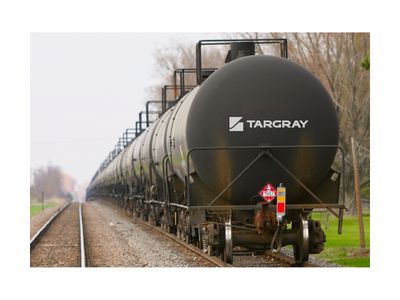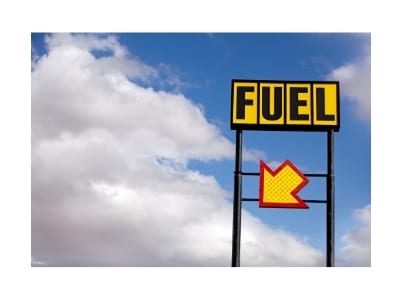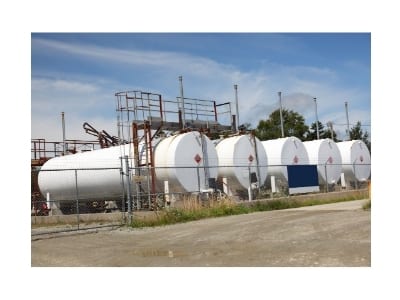An Advanced Biofuel Solution for Diesel Fuel Blenders
Our renewable diesel supply business markets hydrotreated vegetable oil (HVO) fuel and feedstock to distributors, retailers, traders, and refineries in North America and Europe. Renewable diesel can be blended in any proportion with petroleum diesel or biodiesel to help end users, refiners and blenders meet renewable requirements and sustainability goals.
Hydrotreated vegetable oils (HVOs) do not have the detrimental effects of ester-type biodiesel fuels, including increased NOx emissions, deposit formations, storage stability problems, more rapid aging of engine oil or poor cold properties. As straight chain paraffinic hydrocarbons, HVOs are also free of aromatics, oxygen and sulfur, with high cetane numbers. The hydrotreatment of vegetable oil offers a modern pathway for producing high-quality bio-based diesel fuels without compromising fuel logistics, engines, exhaust after treatment devices, or exhaust emissions. These fuels are now also referred to as “renewable diesel fuels” instead of “biodiesel,” which is reserved for the fatty acid methyl esters (FAME).
Benefits of Renewable Diesel
- Excellent stability and cold-flow properties.
- Can be blended and distributed the same way as petroleum diesel.
- No infrastructure change required: meets ASTM D975 and CARB diesel specs.
- Can be used neat or blended. No blend wall.
- Very high cetane number (80-100)—meaning less noise and easier starts.
- Reduces NOx, particulate matter and VOC emissions.
- Very stable (can be stored for long periods of time with no quality degradation).
- 3X Lower carbon footprint compared to petroleum diesel (33.46 g vs 98.03 g CO2eq/MJ for Petroleum diesel).
Comparison of Renewable Diesel, Biodiesel and Petroleum Diesel
| Biodiesel | Petroleum diesel | NEXBTL Renewable diesel | |
|---|---|---|---|
| Raw material | Vegetable oils & waste animal fats | Crude oil (mineral oil) | Vegetable oils & waste animal fats (including high free fatty acids) |
| Technology | Esterification | Traditional refining | Hydrotreating |
| End product | Ester | Hydrocarbon (diesel) | Bio-based hydrocarbon (renewable diesel) |
| Chemical composition | H3C-O-C-R | CnH2n+2 + aromatics | CnH2n+2 |
FAME = Fatty Acid Methyl Ester, Conventional Biodiesel
RME = Rapeseed Methyl Ester, Conventional Biodiesel
HVO = Hydrotreated Vegetable Oil, advanced biofuel i.e. renewable fuel
Renewable Diesel vs Biodiesel
| Biodiesel | Renewable Diesel | |
|---|---|---|
| Viscosity at +40o C (mm2/s) | ≈ 4.5 | 2.9 … 3.5 |
| Cetane number | ≈ 51 | ≈ 84 … 99* |
| Cloud point (o C) | ≈ -2 | ≈ -2 … -25** |
| Heating value (lower) (MJ/kg) | ≈ 38 | ≈ 44 |
| Heating value (MJ/I) | ≈ 33 | ≈ 34 |
| Polyaromatic content (wt-%) | 0 | 0 |
| Oxygen content (wt-%) | ≈ 11 | 0 |
| Sulfur content (mg/kg) | < 10 | < 10 |
| Carbon / hydrogen | ≈ 5.6 |
* Blending cetane number
** Product can be engineered to specific cloud point within this range by adjusting process conditions





